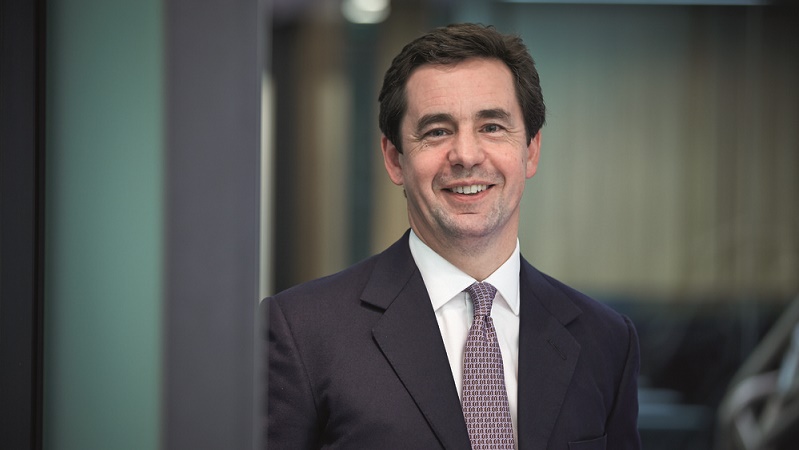Schroders’ investment in an emerging markets focused impact investor is a symbolic move for the niche sector but commentators query whether the asset class is likely to go mainstream.
The FTSE 100 asset manager confirmed on Friday it had acquired a majority stake in Swiss impact investor BlueOrchard.
Zurich-based BlueOrchard, founded in 2001, bills itself as a “pioneer in microfinance and impact investing” and claims to be the world’s first commercial manager of microfinance debt investments.
It currently has $3.5bn in assets under management and invests across asset classes including credit, private equity and sustainable infrastructure.
Schroders CEO Peter Harrison (pictured) said the deal will allow BlueOrchard to extend its reach and connect with clients who are increasingly seeking investments with a beneficial impact on society that generate positive financial returns, while also accelerating Schroders’ own growth in private debt and private equity in emerging markets, an area he said the impact manager has “exceptional” expertise in.
“Schroders has a strong belief in the value that investment can create in society, particularly within emerging and frontier markets. BlueOrchard’s expertise in this area is exceptional,” he said.
“They share our values, recognising that through our combined contributions, we can purposefully affect positive change. They are a blueprint for the future of our industry, and we are delighted to partner together.”
Timescales are a big issue
But Willis Owen head of personal investing Adrian Lowcock said timescales are a big issue and hindering the asset class, noting that some impact themes are multi-decade and will take time to get widespread appeal.
“In the meantime projects can be hard to scale up to the point that they are available to mass market investors,” he said.
“In addition, while there can be benefits to being the first in a new area, such as Beyond Meat or Tesla, established businesses are quick to respond and eat away at any competitive advantage the business may have had making impact investing, exciting and very interesting but higher risk.”
Impact still niche compared to ESG
Lowcock said the deal with BlueOrchard highlights that mainstream fund management is taking ethical and social investment much more seriously than it has before.
Despite this he thinks impact investing is likely to remain a more niche area of the wider SRI universe because its focus on future positive outcomes limits the universe of investible companies.
“Impact investing… is focused on funding companies that are not just responsible in what they do but have a positive impact on society and the environment. That naturally leaves out a lot of companies (especially more established ones) and sectors.”
Wealth managers alienated from impact investing
EQ Investors head of impact investing Damien Lardoux said up until this point impact investors like BlueOrchard have mainly been popular with institutional investors as concerns around liquidity and higher costs have alienated wealth managers and prevented them from fully embracing the asset class.
However, he said having the backing of a big asset manager like Schroders could help to broaden BlueOrchard’s appeal.
“We believe that Schroders will help to scale the business, potentially bringing new types of investors into this interesting asset class, potentially through the launch of new products,” he said.
Schroders board appointments
There will be no changes to BlueOrchard’s management team or processes and strategies with chairman Peter Fanconi and CEO Patrick Scheurle retaining their positions. But a handful of Schroders personnel, including Harrison and global head of private assets Georg Wunderlin, will be appointed to the board.
BlueOrchard and Schroders representatives on the board will adopt joint strategic decisions.
The acquisition is expected to complete in the second half of 2019.










